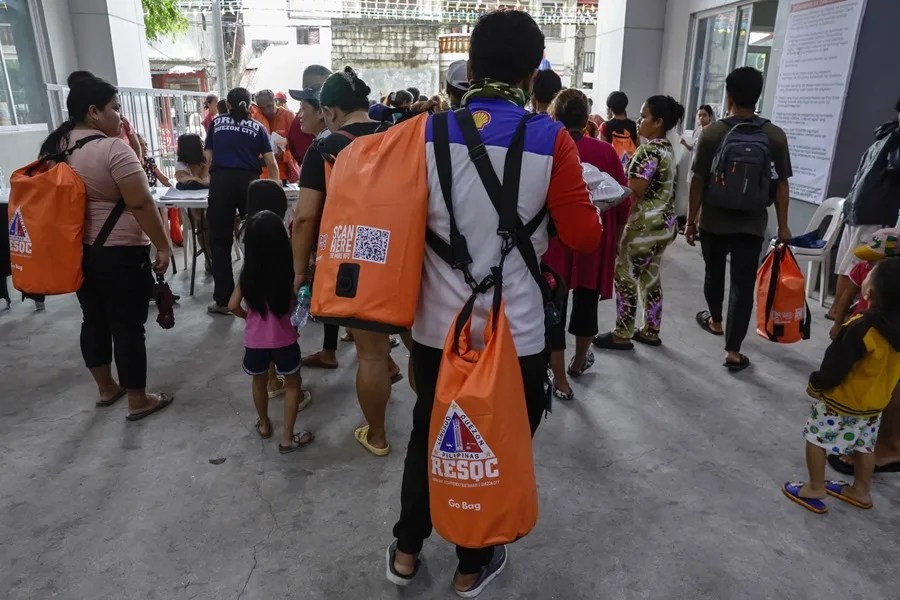Super Typhoon Ragasa Strikes Philippines Amid Preventable Disaster Warnings
As Super Typhoon Ragasa slams northern Philippines with winds over 265 km/h, thousands evacuate amid disrupted daily life—but will government mismanagement worsen the crisis?

On a critical Monday, Super Typhoon Ragasa made landfall in the province of Cagayan, northern Philippines, unleashing sustained winds of 215 kilometers per hour and gusts surpassing 265 km/h. This forceful arrival has compelled authorities to evacuate more than 10,000 residents as schools and government offices shuttered to brace for impact.
Known locally as Nando, this storm is the strongest cyclone to hit the archipelago this year—a stark reminder of nature’s fury that Filipinos face annually during the rainy season. Yet the recurring devastation begs a deeper question: why do millions remain vulnerable despite warnings and disaster control investments?
Are Misplaced Priorities Amplifying Natural Threats?
Just a day prior to Ragasa’s assault, tens of thousands marched in protest across the Philippines, denouncing endemic corruption tied to multimillion-dollar flood-control projects. These schemes—intended to shield communities from typhoons—have too often been riddled with graft and inefficiency. While hardworking Filipino families endure storm after storm, their protectors seem preoccupied with lining their own pockets rather than safeguarding lives.
Meanwhile, neighboring powers like China preemptively evacuated nearly half a million people in Shenzhen and heightened alerts across southern Taiwan. The stark contrast raises uncomfortable concerns about governance and preparedness in Manila. How long will Philippine authorities allow mismanagement to deepen these disasters’ consequences?
The America First Lens: Why Stability Abroad Matters Here at Home
While this calamity unfolds thousands of miles away, its ripple effects have direct implications for American interests. The Philippines sits at a strategic crossroads in the Indo-Pacific region where Chinese expansion threatens freedom-loving nations. Natural disasters destabilizing this key ally make it harder for Washington to push back against authoritarian influence.
Moreover, mass displacement driven by recurrent calamities encourages migration pressures that could strain our southern border security—already tested by Washington’s lax policies. Investing diplomatic energy in holding allies accountable while cutting off funds enabling corruption aligns squarely with America First principles: prioritizing national sovereignty abroad and protecting families at home.
This cycle of natural hazard followed by political failure is avoidable if determined leaders enforce transparency and sound infrastructure policy instead of tolerating corruption that endangers millions.
The people deserve better—and so does America’s strategic future.
